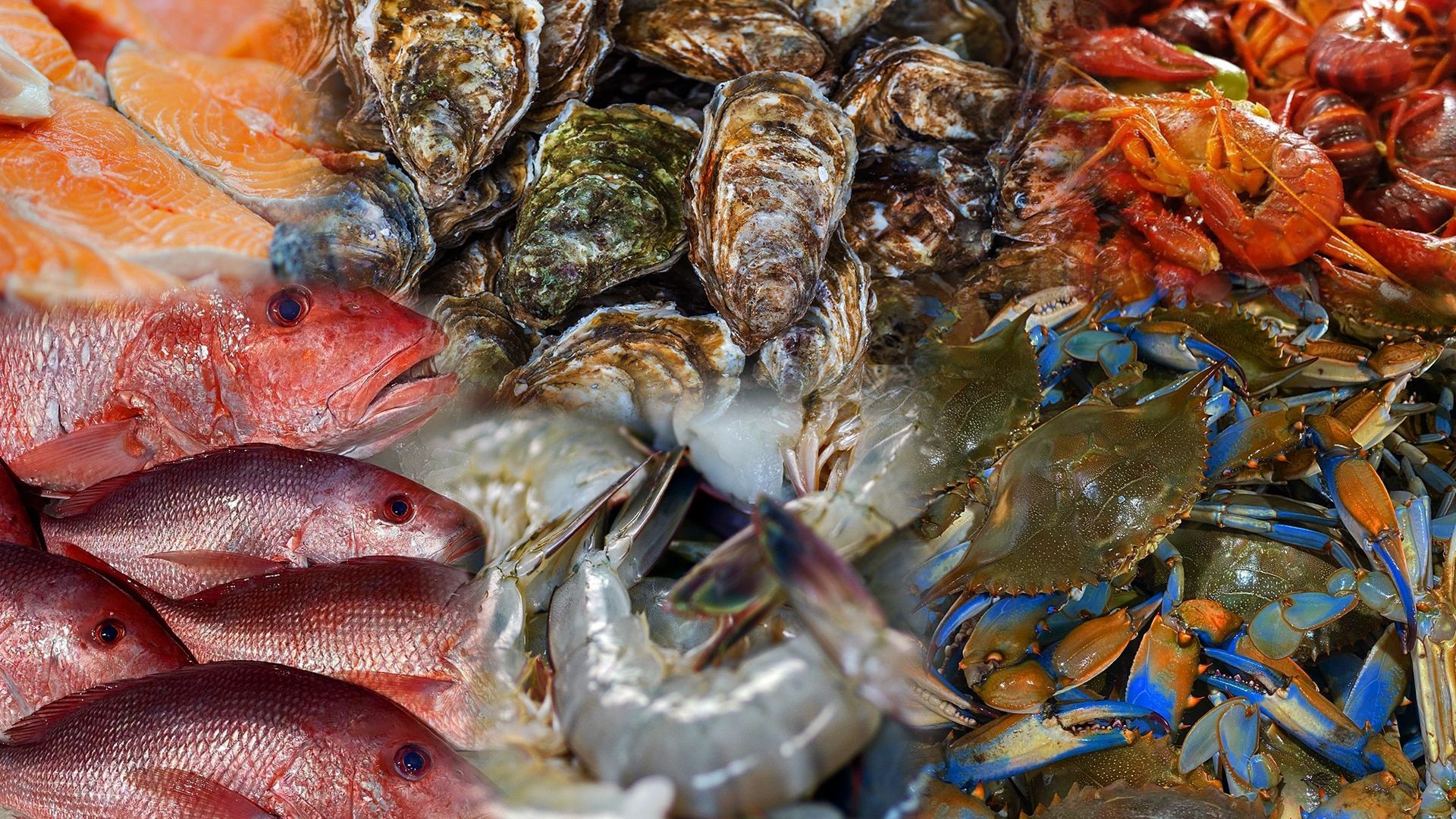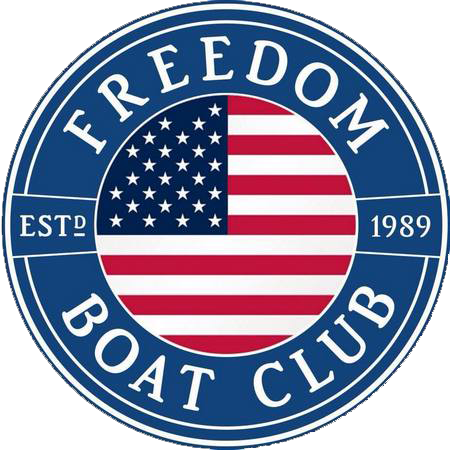Alabama Requires Restaurants and Stores To List Country Of Origin For Seafood
News Staff • May 11, 2024
New seafood labeling law starts this October in Alabama

A big change for local restaurants and seafood retailers take place this October. Country-of-origin labeling requirements for restaurants and grocery store delis received final approval on the last day of the 2024 regular session. Governor Kay Ivey signed HB 66, a Seafood Labeling bill, into law Friday afternoon.
The Alabama House concurred Thursday with an amendment the Senate added to HB66 by Rep. Chip Brown, R-Mobile. The amendment added the country where an animal is “substantially transformed” to the definition of country of origin. Brown said the change related to packaging. The legislation awaits the governor’s signature to become law.
“This bill is about the public’s right to know about where seafood comes from and protecting Alabama jobs,” Brown said earlier, adding he “went out of the way to work with the hospitality industry” on certain provisions of the legislation. The Alabama Retail Association and other restaurant and retail groups worked with Brown to adjust several provisions of the legislation.
HB66 gives businesses the option of labeling fish or shrimp as imported, rather than as being from a specific country. Suppliers are to provide the country of the origin to the restaurants and delis, under the bill. All provisions related to advertising fish and shrimp were removed from the legislation earlier in the session.
The bill also requires that fish and shrimp be labeled as farm-raised or wild fish. Wild fish does not include “net-pen aquaculture or other farm-raised fish or shellfish.” as defined in the bill.
The bill does not apply to any retailer required to inform consumers of the country of origin under federal law. Grocery stores, supermarkets and club warehouses are subject to the Perishable Agricultural Commodities Act and must comply with the federal country-of-origin labeling law. Restaurants and in-store delis are exempt from the federal law, so would be required to comply with Brown’s legislation, should the governor sign it into law.
Restaurants and in-store delis that sell fish primarily for off-premises consumption would have to list the country of origin or denote that the product was imported in the same size and color font as the fish being sold OR post at least an 8.5 x 11 sign on a conspicuous wall near where the fish and shrimp is sold that is at least 3 feet from the floor using 1-inch or larger type.
Restaurants that sell for mostly on-premises consumption and provide a menu for customers can list the country of origin or denote that the fish is imported on the menu in the same location as the fish sold, using the same size and color font. The bill also allows the notification to be paper clipped to the menu. The notification can also be displayed on an 8.5 by 11 sign by the restaurant main entrance that is visible to all patrons if the restaurant doesn’t use menus as a standard business practice.
The bill’s notification requirements also don’t apply to “a group of 10 or more people that preorder their food items,” such as banquets.
Brown said his legislation has no effect on Alabama’s catfish notification law, which is in a separate part of the Alabama code.
-

Slide title
Write your caption hereButton 
Slide title
Write your caption hereButton-

Slide title
Write your caption hereButton -

Slide title
Write your caption hereButton -

Slide title
Write your caption hereButton -

Slide title
Write your caption hereButton -

Slide title
Write your caption hereButton
-

Slide title
Write your caption hereButton -

Slide title
Write your caption hereButton -

Slide title
Write your caption hereButton -

Slide title
Write your caption hereButton -

Slide title
Write your caption hereButton -

Slide title
Write your caption hereButton -

Slide title
Write your caption hereButton -

Slide title
Write your caption hereButton
-

Slide title
Write your caption hereButton -

Slide title
Write your caption hereButton -

Slide title
Write your caption hereButton -

Slide title
Write your caption hereButton -

Slide title
Write your caption hereButton -

Slide title
Write your caption hereButton -

Slide title
Write your caption hereButton
Recent Posts


Subscribe to our
Newsletter
Our newsletter is focused on bringing you the latest in news, events and weather for the coastal Alabama area.

